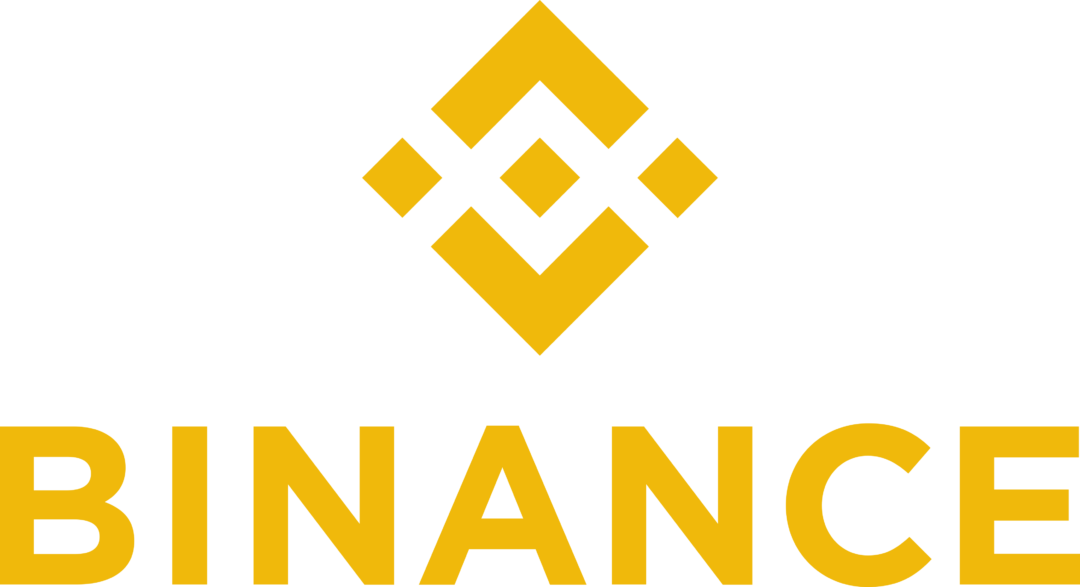Etherea developers again, they postponed the launch of the "bomb of difficulty" on the network for two months. It was supposed to be put into operation during June, but now the implementation will not take place until August.
According to the group, after evaluating the The Merge test on the Ropsten network, it was decided to postpone the implementation. The test apparently revealed a number of flaws in the engine. The developers therefore thought that it was better to postpone the implementation.
The original proposal for a deferral called EIP-5133 he expected to postpone the implementation until September, but in the end the developers decided for August. However, this is the fifth time in the last seven years that the team has postponed the implementation of the bomb.
You might be interested in: 7 favorite ways to buy a Bitcoin card in 2022
The decision causes further delays
The engine is a key catalyst for the release of The Merge. It is this bomb of difficulty that completes the migration of ETH mining from the Proof of Work (PoW) algorithm to the Proof of Stake.
Practically since its foundation, Ethereum has had plans to change the mining algorithm. The merging mechanism has been in the network code since 2015. However, the transition did not begin until the last two years.
However, the results of the test network revealed some shortcomings. One of them was the loss of several blocks, which the team expected, but not in such quantities. After evaluating the results, the team and Tim Beiko, the main developer of the Ethereum network, confirmed the decision.
„Zkrátka souhlasíme se zpožděním bomby obtížnosti,“ napsal Beiko na Twitter, „naším cílem je mít zpoždění asi 2 měsíce a vydat aktualizaci koncem června.“
Beiko and the network's developers did not say whether it would delay the implementation of The Merge or set a starting date. But then ETH founder Vitalik Buterin and developer Preston Van Loon spoke. Both said the deadline was August.
What is a difficulty bomb?
Miners currently use computers and computing power to validate ETH blocks. To do this, they provide the computing power of the network, which guarantees the security of Etherea.
In return, miners receive rewards for each block mined. The process works the same as in the Bitcoin network, but with technical differences.
Updating The Merge will completely change this process. Miners will turn into validators and will no longer provide computing power. Instead, they use their cryptocurrencies to validate blocks on the network.
To prevent miners from rejecting PoS, the difficulty bomb will drastically increase the block's difficulty. In this way, the miners will not have enough computing power to extract the blocks, forcing them to migrate the algorithm.
Do not miss: The best stockbrokers (brokers) in Europe and the best broker in the Czech Republic in 2022





